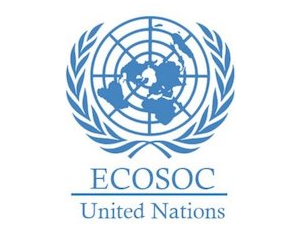Published in Diversity & Democracy by the Association of American Colleges & Universities, this piece highlights how the demand for experiential learning opportunities and internationalization in higher education, coupled with a growing interest in global health, has led to a dramatic increase in short-term experiences in global health (STEGHs). While global health experiences offer benefits to both students and the institutions sending them, these experiences are sometimes problematic and raise ethical challenges with respect to working with vulnerable populations. The Global Engagement Survey (GES), used by over 240 global learning programs to date, was developed as multi-institutional assessment that employs quantitative and qualitative methods to better understand relationships between experiential learning program factors—such as program duration, immersion in homestay families, and language courses—and global learning goals—such as increased awareness of conscious consumerism and openness to diversity. The article, co-authored by CFHI’s Managing Driector Robin Young, delves into the insights from the GES.





